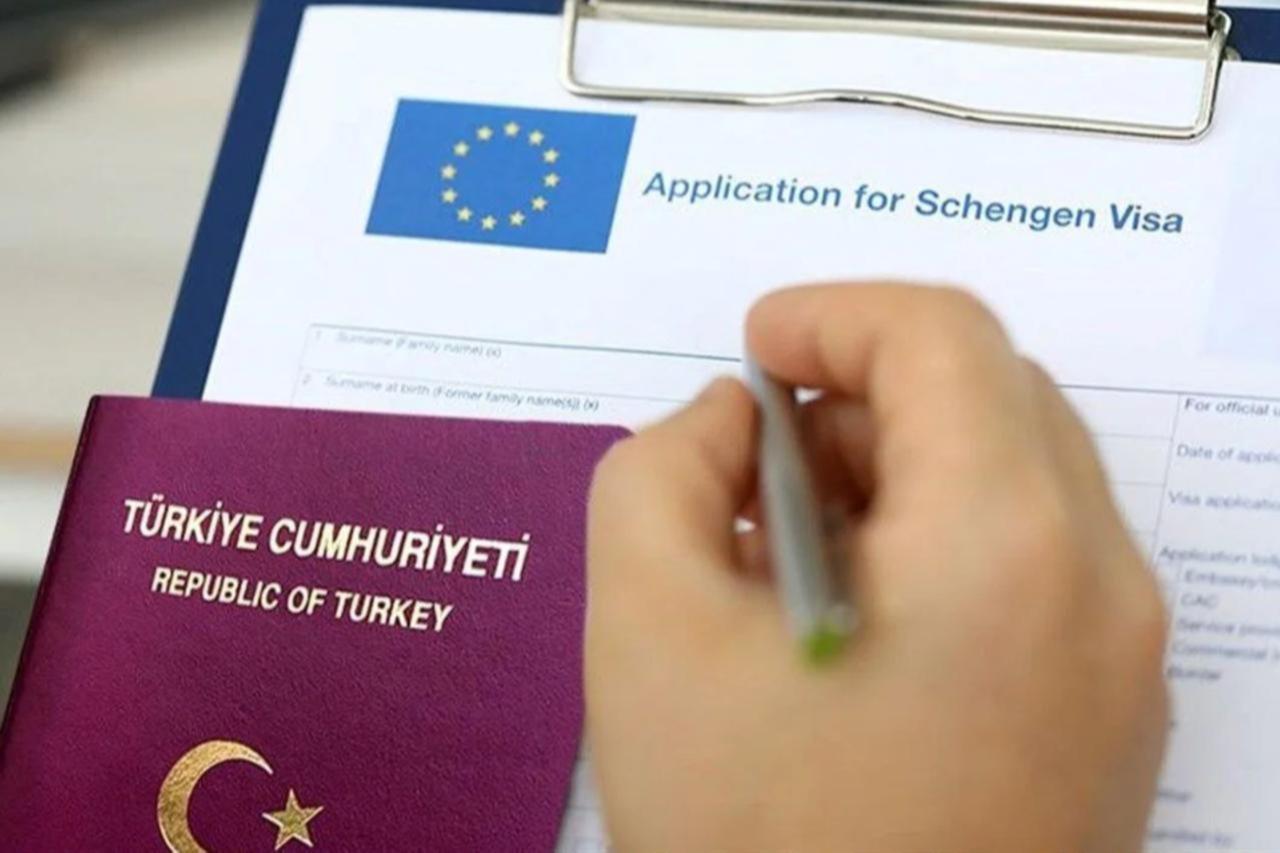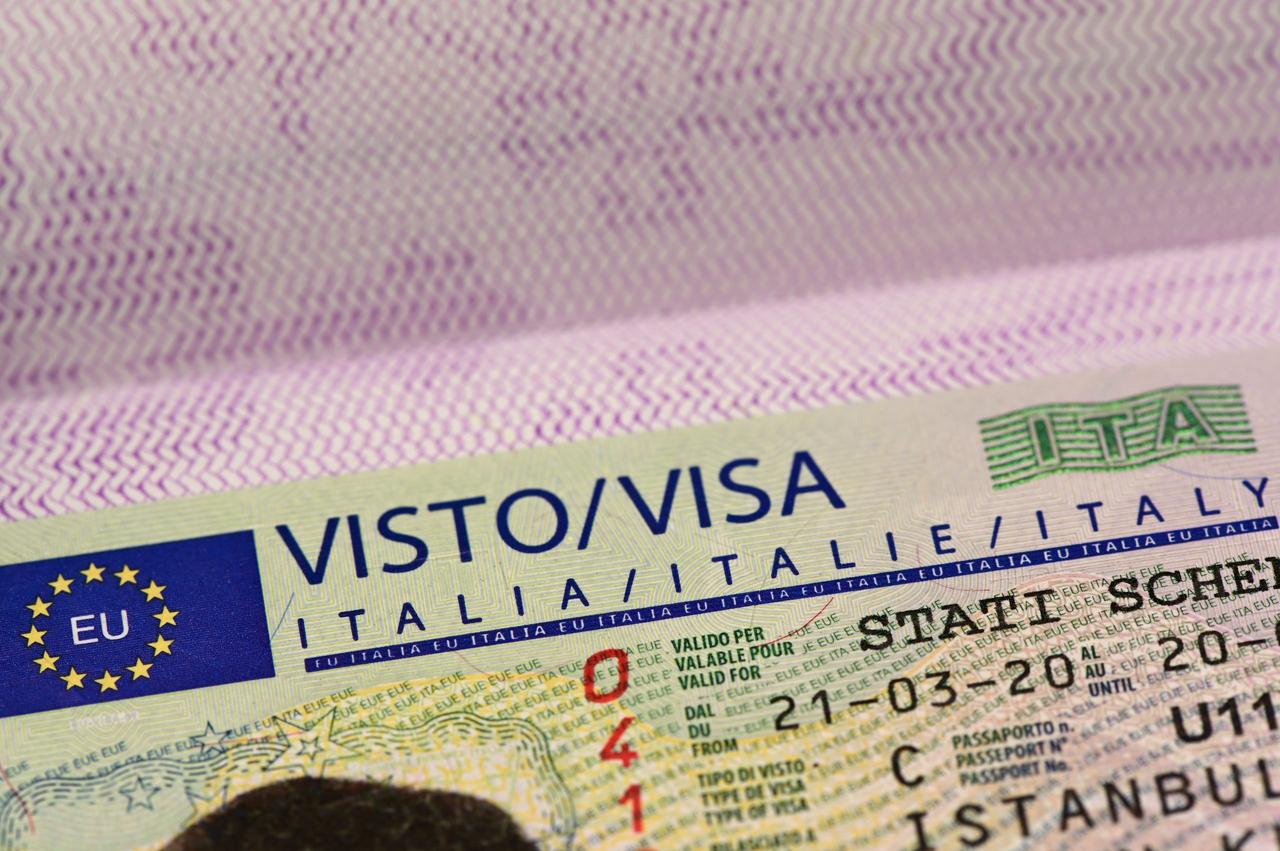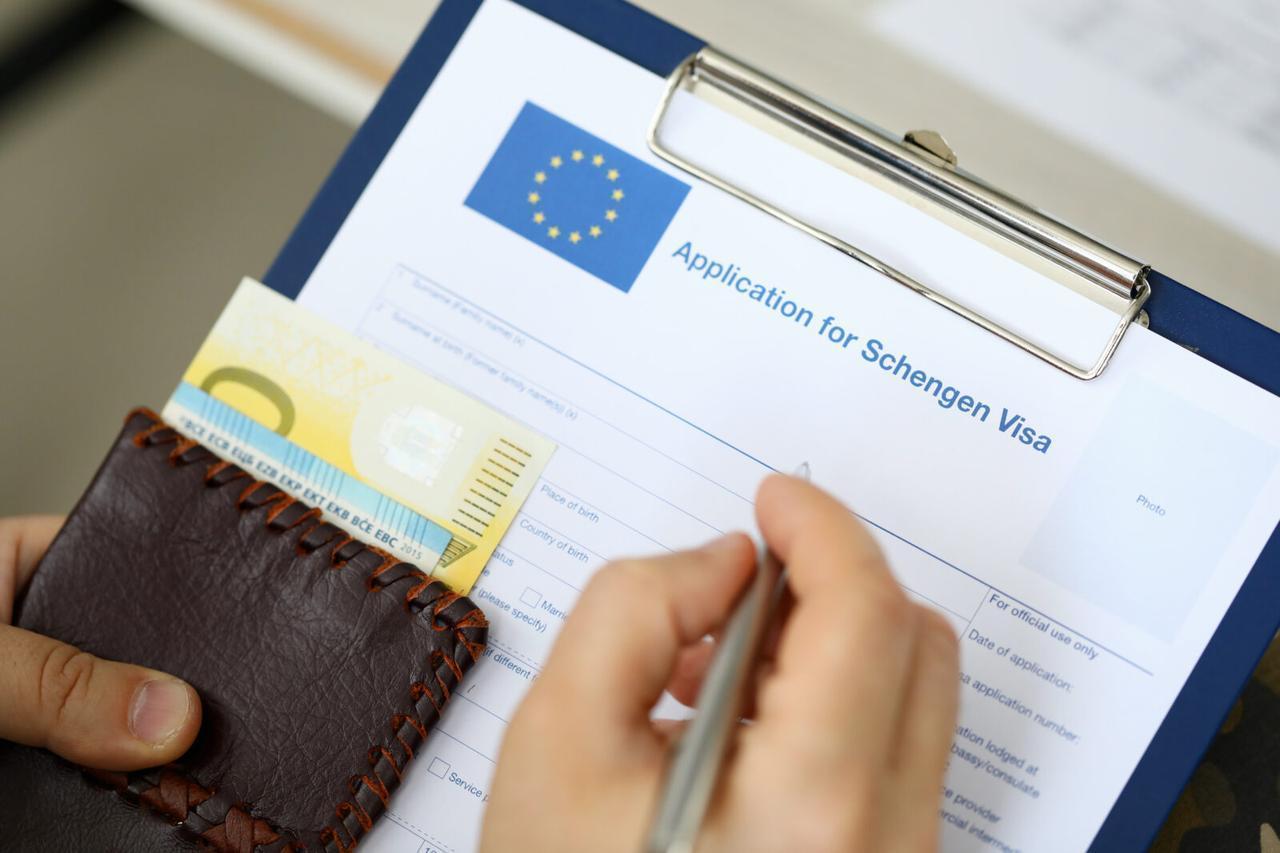
Germany's Foreign Ministry announced Monday that it will eliminate the right to appeal rejected visa applications, effective July 1, 2025, as part of ongoing efforts to streamline its visa processing system.
The ministry said the removal of the appeals process, known as "remonstration," will enable consulates to handle more applications, reduce staff workload and shorten waiting times for applicants.
The change comes as part of a two-year reform package that includes digitalization and centralization of visa procedures. Officials emphasized that the appeals process was an administrative procedure and that rejected applicants retain the right to reapply for visas or pursue legal action through the courts.
Germany processed approximately 2 million visa applications last year, making it one of the most sought-after destinations for international travelers and students.

The German policy shift coincides with growing challenges facing students from Türkiye seeking to study abroad, particularly in European Union countries. The Association of Overseas Education Consultants launched a national campaign titled "I Want My Student Visa Now" in late June to address what it describes as a systemic crisis blocking access to international education.
According to the organization, thousands of students from Türkiye accepted into undergraduate, postgraduate and Erasmus exchange programs face lengthy delays and limited access to visa appointments. Students report waiting two to four months for appointments in Germany, Italy, the Netherlands, Spain and Poland, often resulting in canceled flights, forfeited scholarships and missed university enrollments.
YEDAB estimates that around 10,000 students from Türkiye are accepted into Erasmus programs annually, while Germany receives approximately 18,000 applications from Türkiye each year. Italy processes more than 6,000 student applications from Türkiye annually.
"Visa appointments in many European countries are as rare as gold," YEDAB Chair Osman Yilmaz told Hurriyet newspaper. He noted that nearly 1,000 students lost their university placements last year simply because they couldn't secure visa appointments.

European Union data shows citizens from Türkiye submitted 1,173,917 Schengen visa applications in 2024, ranking second globally behind China. The rejection rate for applicants from Türkiye decreased to 14.5 percent, below the global average of 14.8 percent and an improvement from 16.1 percent in 2023.
Greek consulates processed the highest number of applications from citizens of Türkiye with 296,377 requests, followed by Germany with 215,506 and France with 151,640.
The visa liberalization process between Türkiye and the E.U. remains stalled, with Türkiye having fulfilled 66 of 72 required criteria. Outstanding requirements include amendments to anti-terrorism legislation, signing an operational cooperation agreement with Europol, and implementing recommendations from anti-corruption bodies.

Thomas Hans Ossowski, head of the European Union delegation to Türkiye, recently described the continued visa requirements for citizens of Türkiye as "shameful," given Türkiye's NATO membership and strategic importance.
"We all know the current situation is unsustainable," Ossowski said during a Brussels press briefing last week, highlighting double standards in E.U. visa policies. He noted that while Ukrainians fleeing conflict can enter the E.U. visa-free, citizens of Türkiye from a NATO ally country remain subject to lengthy visa procedures.
The German Foreign Ministry's decision to eliminate appeals for rejected applications represents the latest development in European visa policy affecting applicants from Türkiye, even as overall approval rates have shown improvement in recent years.